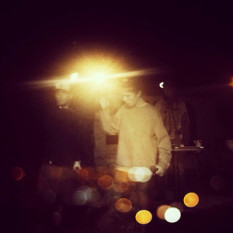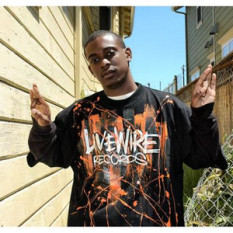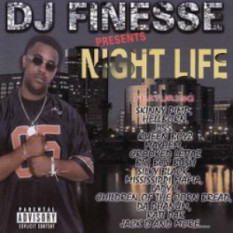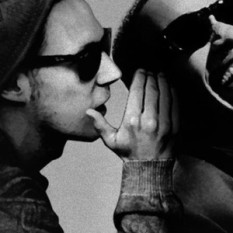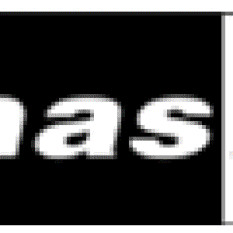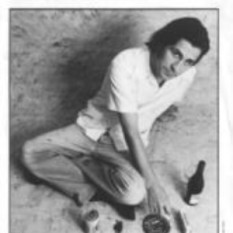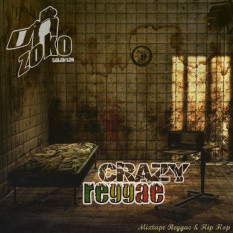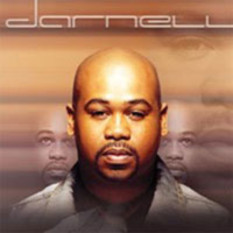Mixtapes are now commonly used by labels and new artists as a promotional tool, as a way of generating hype. An unsigned artist might release several mixtapes to generate buzz, leading to interest from record labels, while a signed artist may release a mixtape to promote a future studio album, in a sales model relying on word of mouth to increase the artist's street cred. Often each track on a promotional hip hop mixtape will feature the same artist, thus making it more difficult to differentiate from a standard album. However, these mixtapes will usually have much lower production values than a studio album (such as housing "demo" or roughly mixed versions of the tracks), and contain numerous collaborations, remixes, freestyles and voice-overs, often arranged in a specific flowing fashion, much like retail albums are.
Most hip hop mixtapes are professionally packaged, with a pressed CD and artwork, and are often housed in a slim-format jewel case, rather than the more expensive full jewel cases most retail albums come in. Hip hop mixtapes are usually sold on the street, given out at the artists' live shows, or through independent record dealers or mail order. Many mixtapes are also sold or given away for free in MP3 format over the internet.
In the Mixtape, Inc. documentary, filmmakers attempt to show the importance of an otherwise illegal practice (specifically hip hop mixtapes) and how it relates to the growing popularity of this music genre.
Although hip hop mixtapes have been instrumental in supplementing the marketing and promotions endeavors of record labels, and are utilized by major acts with the implicit support of their labels, the Recording Industry Association of America, a political lobby group funded by the major record corporations, classifies these mixtapes as bootleg or pirated music CDs. .


